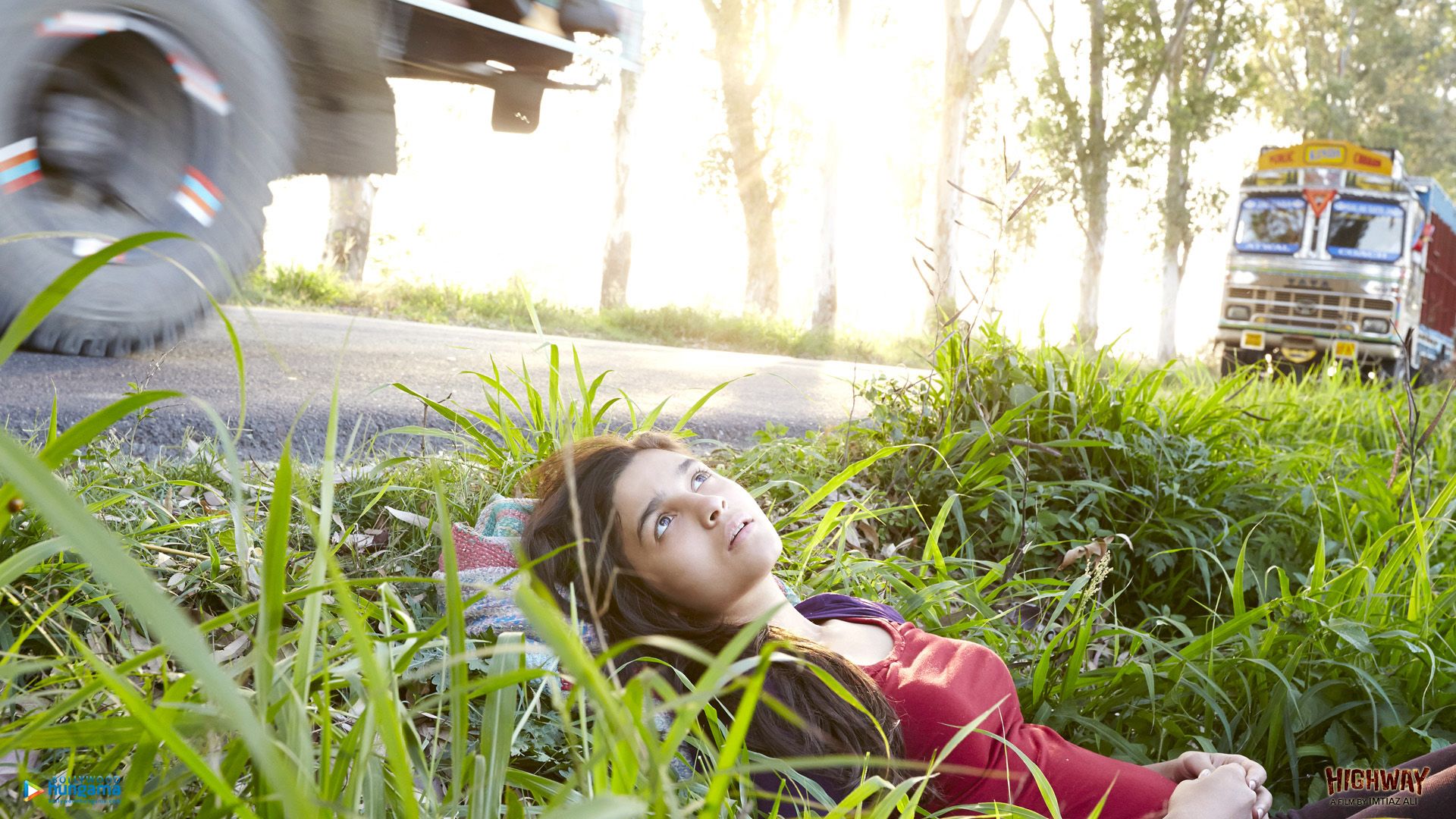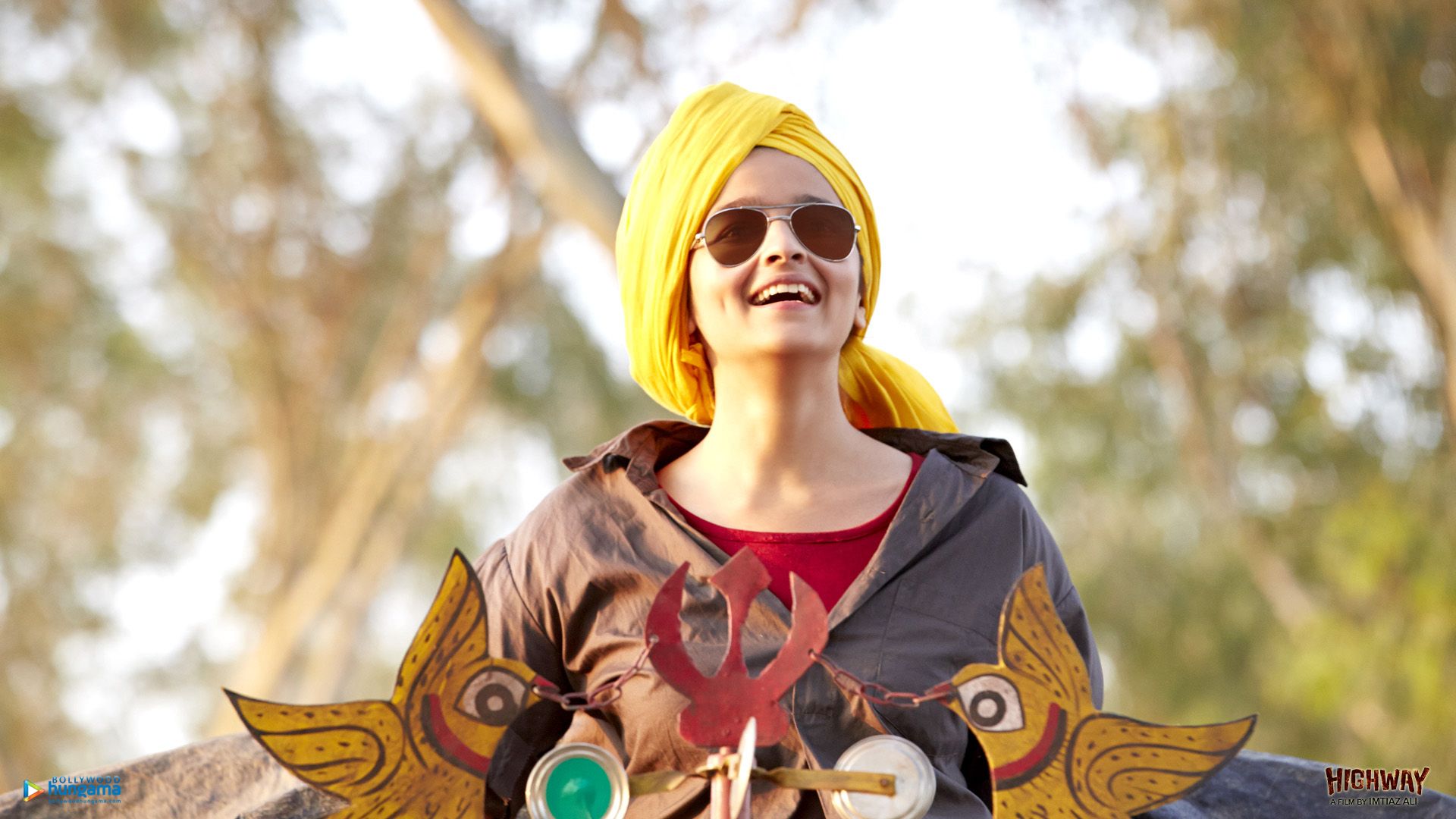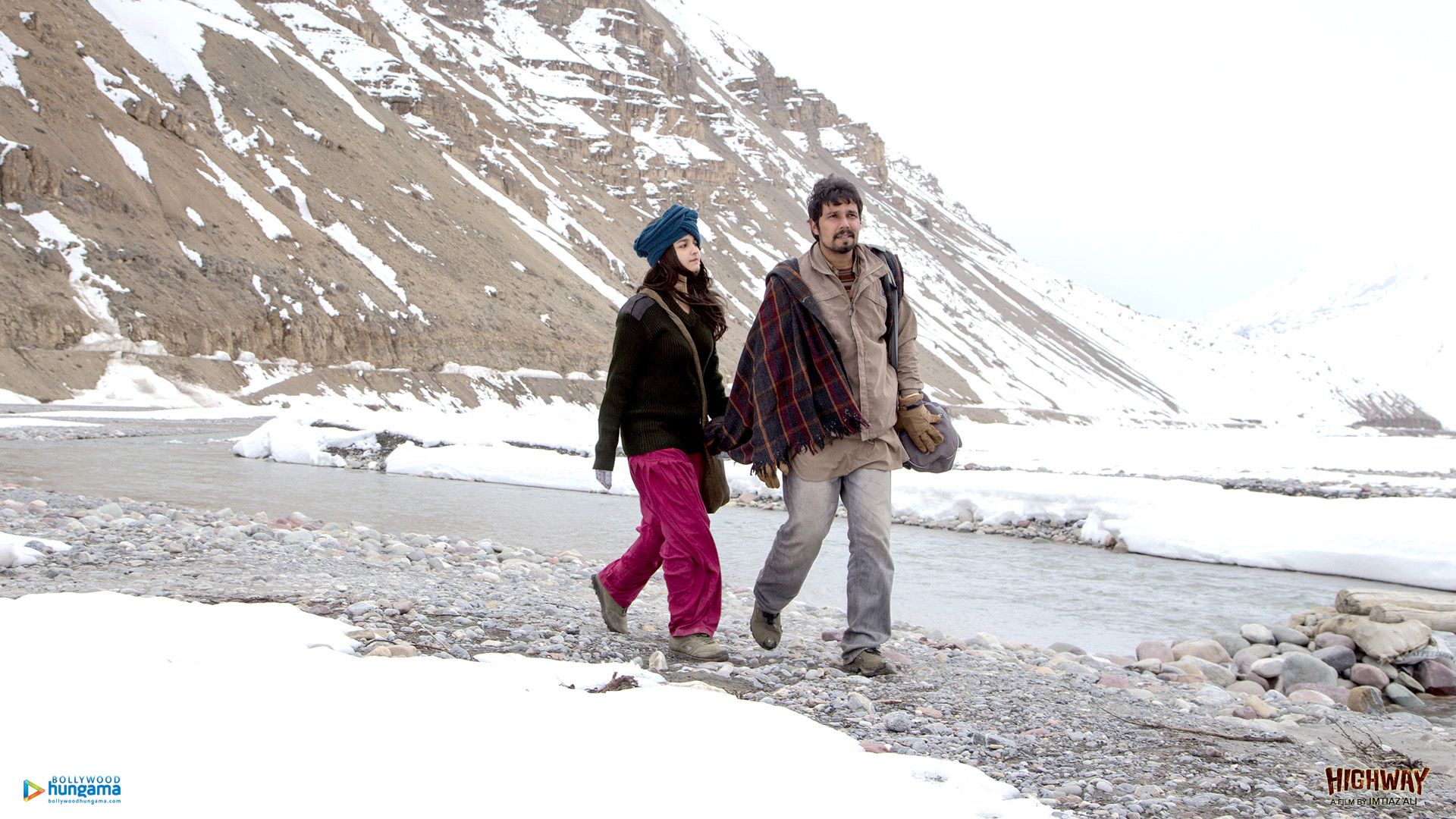
Movie Review: Imtiaz Ali’s ‘Highway’
Movie Review: Imtiaz Ali’s ‘Highway’
Blood is not thicker than water and not all that glitters is gold is what bride-to-be, Veera Tripathi (Alia Bhatt) confirms during an ordeal, that, in most circumstances would have been traumatic at the least.

Alia Bhatt has certainly cemented herself as one of the best actresses of her generation with the release of ‘Gangubai Kathiawadi’ in 2022, however her acting prowess's have been evident since the 2014 release of Imtiaz Ali’s ‘Highway’. Not-mention the much delayed and deserved recognition given to Randeep Hooda (male lead) at the release of the motion picture. Bhatt takes on the difficult role of a young woman who has lived her life in the controlling — to the point of abusive — hands of her parents. However, when the more obvious crime of her abduction takes place, Veera goes on the literal journey across northern India, as well as a metaphorical coming of age adventure.
The main theme of ‘Highway’ is encapsulated in a single scene transition, depicting the chaos occurring as law enforcement track down the lost girl and her abductors. The worrying cries of her relatives, as they wonder “God knows vo kaha hai, or vo kya kare rahe hain uske saath” (God knows where she is and what they are doing with her), suddenly transitions, via the ingenious use of a hard cut, to Veera singing and dancing in the fields of Punjab with ‘Patakha Guddi’, a song by none-other than the Oscar winning composer A.R Rahman, playing in the background. ‘Patakha Guddi’ has two meanings. The literal translation of ‘Pataka’ is firecracker and the literal translation of ‘Guddi’ can either be doll or kite in the Punjabi language. The double meaning along with the lyrics essentially speaking of a free-spirited girl and that, freedom, is what Veera gains at the hands of her abductors. The image of her sitting on the roof of the truck, as her captor Mahabir Bhati (Randeep Hooda) drives along the highway, wearing a yellow turban and black shades, her arms playing with the wind, starkly contrasts the beginning of the film where she was being berated by her fiancé for wanting to go on a short late-night drive. The hard cut transition is used to emphasize the juxtaposing ideas of abduction & liberation, making the audience question whether Veera had actually been enslaved by her family and if by being taken by Mahabir, is she finally set free?

The focal point of this film, though not revolving around the ambiguous relationship that Veera and her captor form, does strike as far more moving than her paradoxical freedom. Veera’s statement “ab toh kaafi cute lagne lage ho,” (I’m starting to think you’re cute) does evoke the concept of Stockholm syndrome. However, ‘Highway’ assuredly does not follow the likes of Tomasz Mandes’ and Barbara Białowąs’ ‘365 Days’ which, with its otherworldly attractive and wealthy characters, is chiefly a thirst trap and soft ****. The relationship between Veera and Mahabir can neither be paralleled with that of Kevin Wendell Crumb (James McAvoy) and Casey Cooke (Anya Taylor-Joy) in M. Night Shyamalan’s ‘Split’ where the victim develops pity and empathy for her abductor. Veera and Mahabir’s relationship, though certainly containing elements of love and pity, is more so based on gratitude. By abducting the young girl, Mahabir gives her the freedom she has always desired. When Veera embraces Mahabir with her innocence and her trust, he is reminded of the innocence and trust with which he was loved by his mother. This is most obvious when Veera sings his mother’s lullaby “Sooha Saaha” (Red Rabbit). Moreover, in a world where the lower class kidnapper, apart from his “amma” (mother), had only known hate, disrespect and inequality, there is gratefulness for Veera seeing him as a human-being and allowing him to be vulnerable and to confess his crimes and despite them, to be accepted by her. Veera gives Mahabir the mental freedom to do the right thing and the chance of a new life away from gang culture in the solitude of a Kashmiri valley. Conversely, he gives her the physical freedom she always wanted, away from the control and abuse of her family with her “pahad ke upar ghar” (mountaintop home).

Imtiaz Ali’s ‘Highway’ easily stands to be a favourite Hindi production of mine. At its conclusion I found myself wishing for a longer run-time and even that the story continued forever, just as Veera wishes “yeh raasta khabi khatam na ho” (the journey would never end). So that I could get to spend more time with her and Mahabir and carry on witnessing their characters, which one cannot help falling in love with, develop and evolve on the road. Along with the soul-stirring dramatis personae and A.R Rahman’s musical talents, the never-before-seen sui generis plot filled with its long stretches of silence exhibiting the serenity of North India’s natural and rural landscapes is a cinematic experience not to be missed.
‘Patakha Guddi’ & ‘Sooha Saaha’ English translations
https://www.bollynook.com/en/lyrics/13861/sooha-saaha/
https://www.bollynook.com/en/lyrics/13651/patakha-guddi-female/
Appreciate the creator